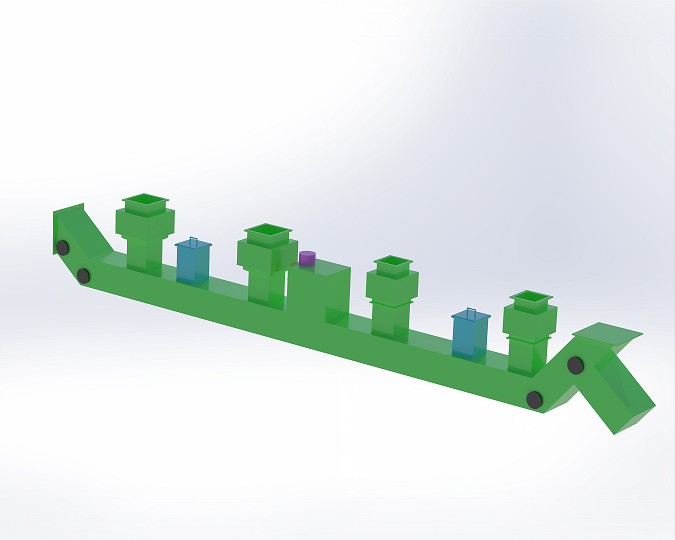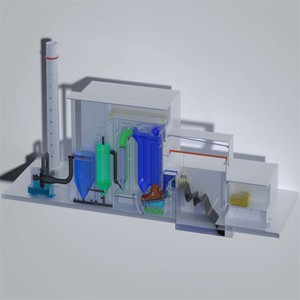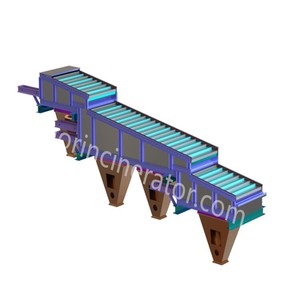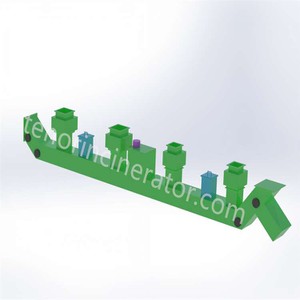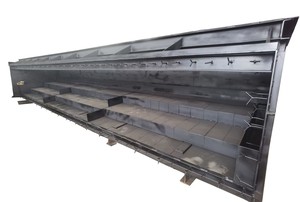The composition of domestic waste is complex and varied, including a large amount of plastic, paper, fabric, wood and other organic matter, which are easy to burn at high temperatures to produce molten sticky substances. These sticky substances are easy to adhere to the inner wall of the furnace, and gradually form coke blocks over time. Especially when the garbage contains more low-melting point substances, such as plastics, the coking phenomenon is more serious.
When the calorific value of the garbage is too high, the heat generated during the incineration process will increase significantly, resulting in excessively high furnace temperatures, thereby increasing the risk of coking. On the contrary, if the calorific value of the garbage is too low, it may lead to incomplete combustion and produce a large amount of unburned organic matter, which will accumulate in the furnace and easily form coke blocks.
Combustion adjustment during waste incineration is crucial to prevent coking. Improper combustion adjustment, such as insufficient oxygen supply, inaccurate temperature control or excessive negative pressure in the combustion chamber, will lead to incomplete combustion of waste, resulting in a large amount of coking. In addition, if the temperature distribution in the furnace is uneven, some areas may have incomplete combustion, which will also lead to incomplete combustion of organic matter and the formation of coke residue.
The furnace temperature is one of the important factors affecting coking. Too high a furnace temperature will accelerate the pyrolysis and gasification of organic matter in the garbage, causing more sticky substances to condense on the inner wall of the furnace, thus forming coke. At the same time, the high temperature environment will also reduce the life of the refractory materials on the inner wall of the furnace and increase the risk of spalling. These spalled fragments will further promote the formation of coking after combining with sticky substances.
Insufficient air supply will lead to insufficient oxygen supply, resulting in incomplete combustion of the garbage and the generation of a large amount of unburned materials, which will accumulate in the furnace and gradually form coke. Excessive air supply may cause excessive fluctuations in furnace temperature, which is not conducive to stable combustion and also increases the risk of coking.
Mechanical failures, such as grate or feeder problems, can cause uneven positions and speeds of waste entering the furnace, leading to unstable combustion and coking. At the same time, the skill level and experience of the operator also have an important impact on the operation of the incinerator. Improper operation may cause problems such as excessive temperature fluctuations in the furnace or insufficient oxygen supply, which can cause coking.
